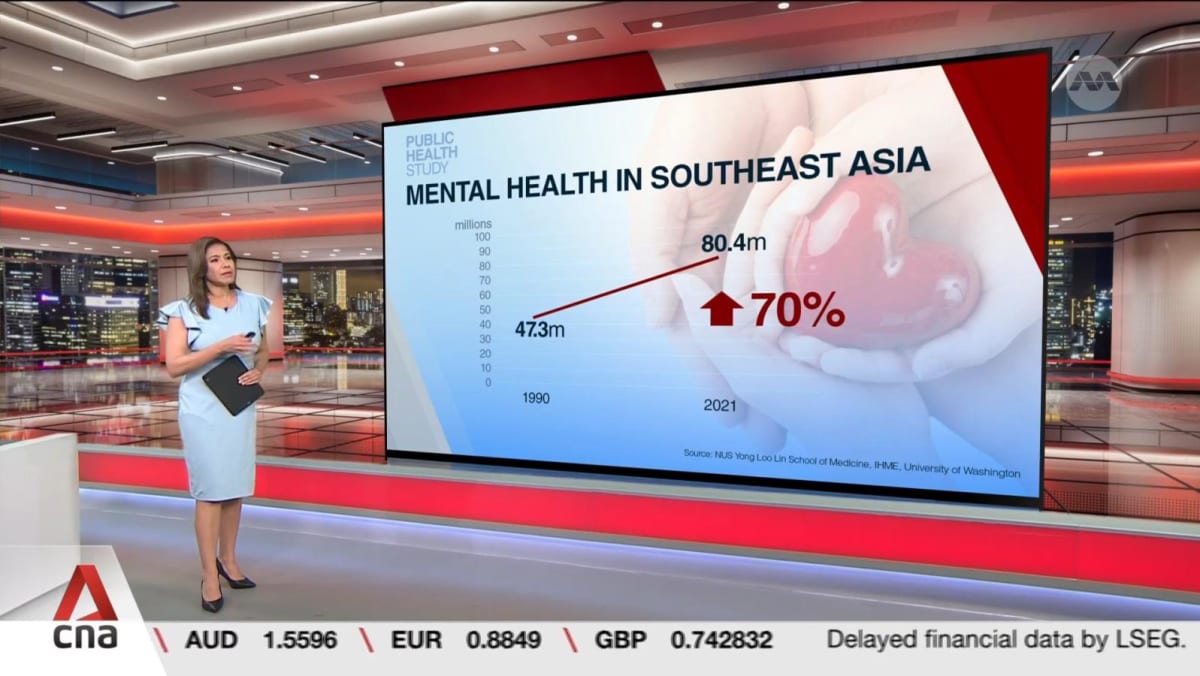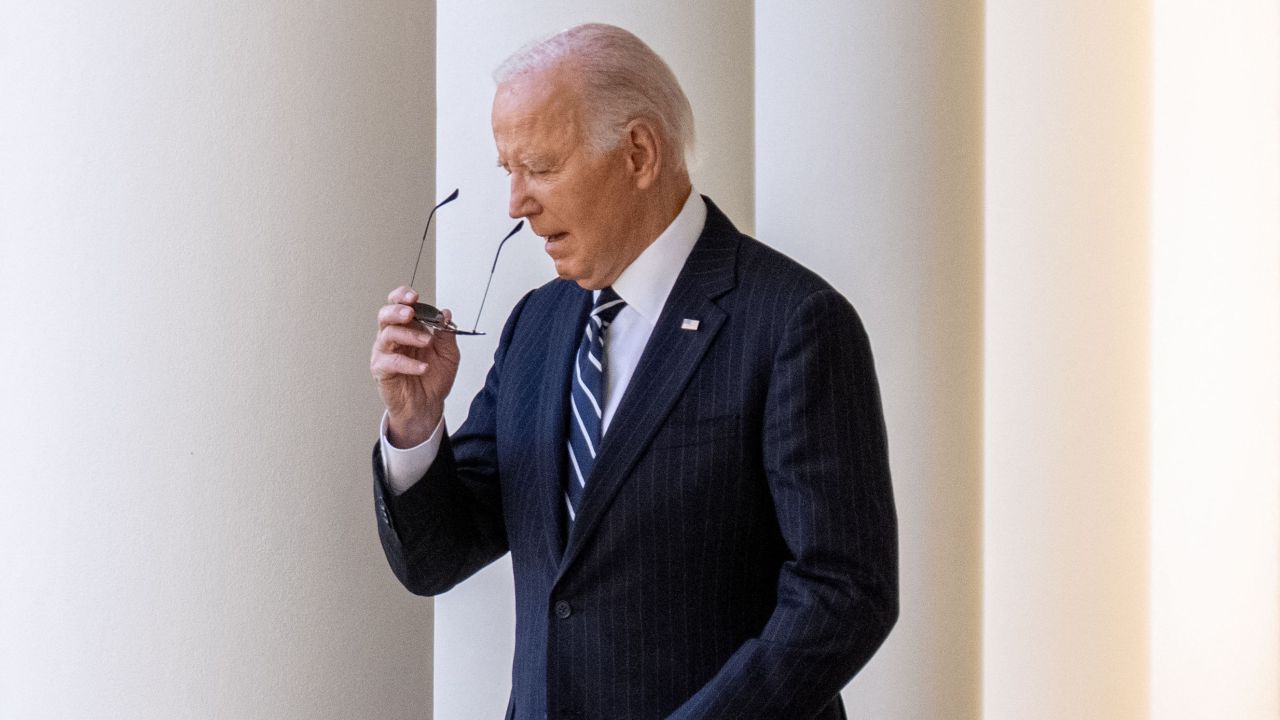Fetterman Prioritises Family & Wellbeing Amidst Mental Health Scrutiny - Will It Impact Senate Duties?

Fetterman, who suffered a stroke during his campaign for office last year, has been open about his ongoing recovery and the challenges he faces. His recent comments highlight the delicate balance between personal wellbeing and the demands of public service. He argues that his mental health has been “weaponized” by political opponents, adding another layer of complexity to the situation.
“I just want to be a dad and a husband,” Fetterman reportedly told the *Times*. “I want to be there for my kids. I just want to spend time with my family.” This candid admission has drawn both criticism and support. Some political commentators are questioning his ability to effectively represent his constituents, while others applaud his honesty and courage in prioritizing his health and family.
The Senator’s office has clarified that Fetterman remains committed to his duties and will continue to participate in crucial votes and hearings. However, the statement acknowledges his need to manage his workload and prioritize his wellbeing. This has led to broader discussions about the expectations placed on politicians, particularly those dealing with health challenges, and the potential for greater understanding and support.
The timing of these remarks is particularly noteworthy, occurring amidst ongoing debates about Senator Fetterman's health and fitness for office. His stroke and subsequent recovery have been a recurring topic in political discourse, and his decision to openly discuss his desire for more family time has amplified these discussions. The incident underscores the need for a more nuanced and compassionate approach to discussing the health of elected officials.
Furthermore, Fetterman's experience raises important questions about the role of mental health in politics. The Senator’s assertion that his mental health has been “weaponized” highlights the potential for political opponents to exploit personal struggles for gain. This situation calls for a re-evaluation of how we discuss and treat the mental health of public figures, ensuring that their wellbeing is respected and not used as a political tool.
Ultimately, Fetterman's decision to prioritize family time is a personal one, but it has significant implications for his role in the Senate and the broader conversation about work-life balance, mental health, and the demands of public service. The coming weeks and months will likely see further scrutiny and debate as Senator Fetterman navigates these challenges.






